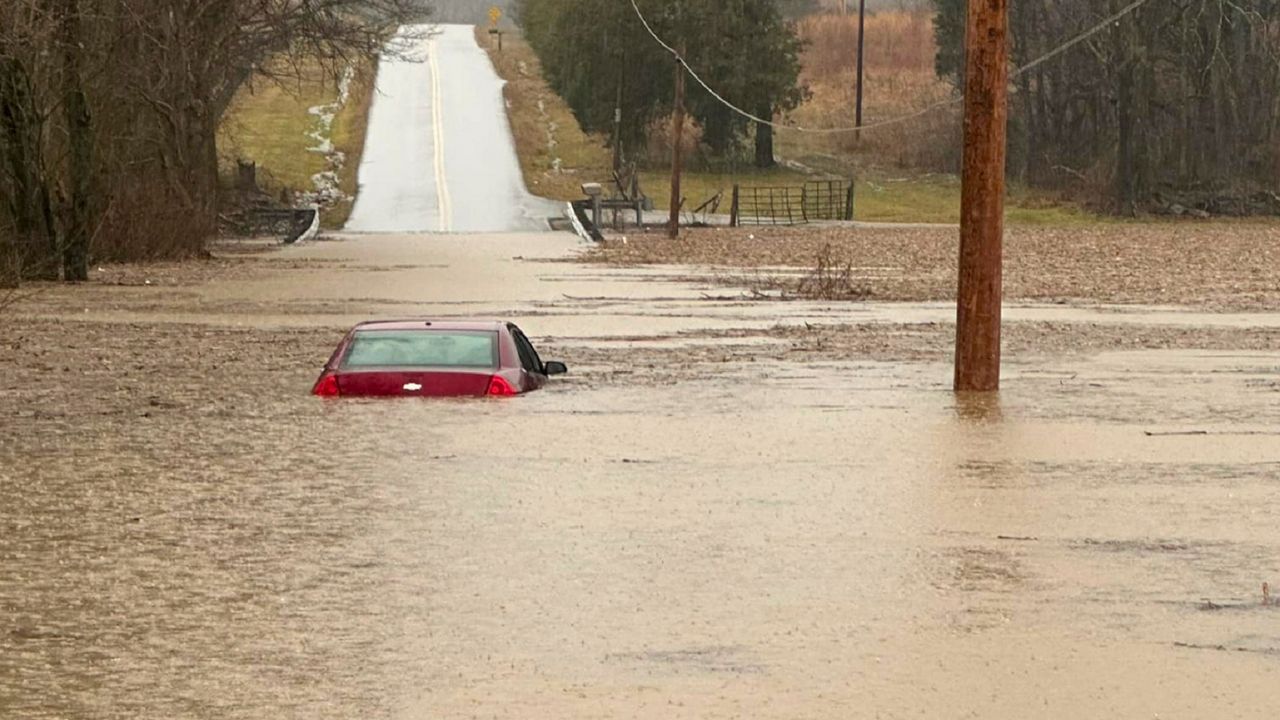CINCINNATI — The fallout from the COVID crisis is still affecting colleges in Ohio and across the country, and some experts say it will be felt for years.
What You Need To Know
- A million fewer college students are enrolled nationwide now compared to 2019
- UC provides counselors specific to each discipline to address specific needs of students
- UC is one of the few colleges in the country to have increased enrollment after the pandemic
According to the National Student Clearing House, since 2020, a million fewer students have enrolled in college than before the pandemic.
“That is staggering not just for those 18-, 19-, 20-year-olds. That’s going to be staggering for generations to come because it’s so hard to go back to college,” said Jack Miner, vice provost for Enrollment Management at the University of Cincinnati.
He said UC has been able to buck the trend, with a proactive approach to course design, tutoring and mental health care options.
“We’re actually one of the only universities in the country that grew,” Miner said. “We had more than 32,000 applications, a 22% growth for our Fall 23 class.”
But just like other schools, UC faces a challenge with some of those students.
“One of the other things we see, though, is a different level of preparedness coming from high school to college,” Miner said.
Professors have had to re-design some courses and they’ve added a lot more tutors.
“We’ve really integrated that into our courses in a way that other schools haven't,” Miner said. “So the stigma of reaching out for help is very different than it is someplace else and it’s really removed here.”
Third-year chemistry major Reese Haskins said UC has helped to remove another stigma, too: asking for help when it comes to mental health.
“Sometimes, I would just find myself in this little rut since my classes were online. I was spending a lot of that time in my room,” Haskins said. “I think just that sense of loneliness and not really having anywhere to go sometimes was really rough.”
Haskins used CAPS (Counseling and Psychological Services), which provides counselors and other mental health services at a free and reduced cost to students.
“The counselors are great," Haskins said. "They’re super nice and they really helped me get out of that rut."
Miner said UC is one of the few schools that splits up their counselors by academic departments:
“That allows us to think about a scenario where the student struggling with mental health issues or with stress in our College Conservatory of Music is experiencing very different issues than a college of medicine student than a business student than an engineering student,” Minder said.
Reese encourages students to seek help and to get involved. She works with the admissions office as a student orientation leader:
“I have 30 new friends that I would have never met otherwise,” Haskins said. “I’m still friends with them now and that was probably the best experience I’ve had during college.”










